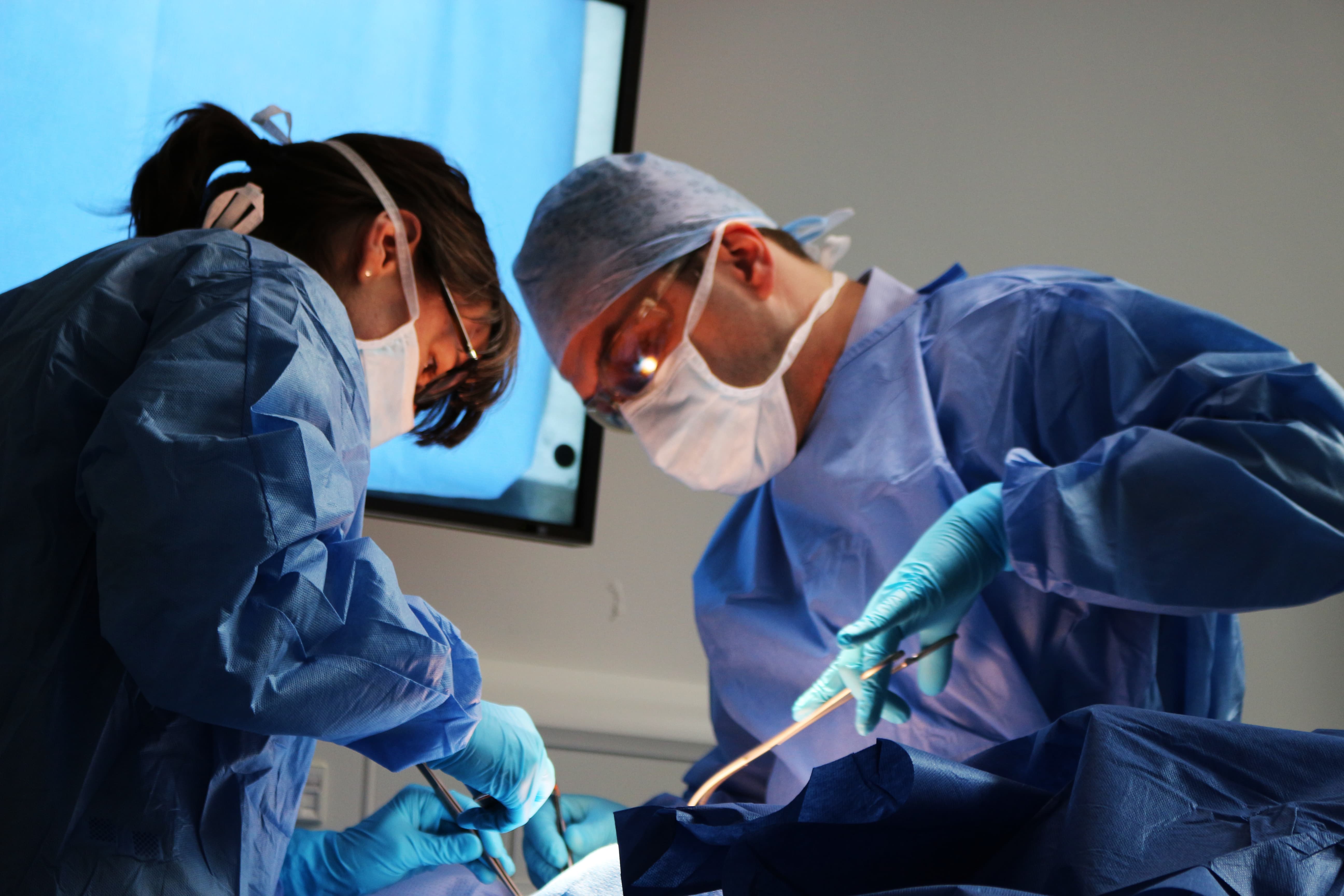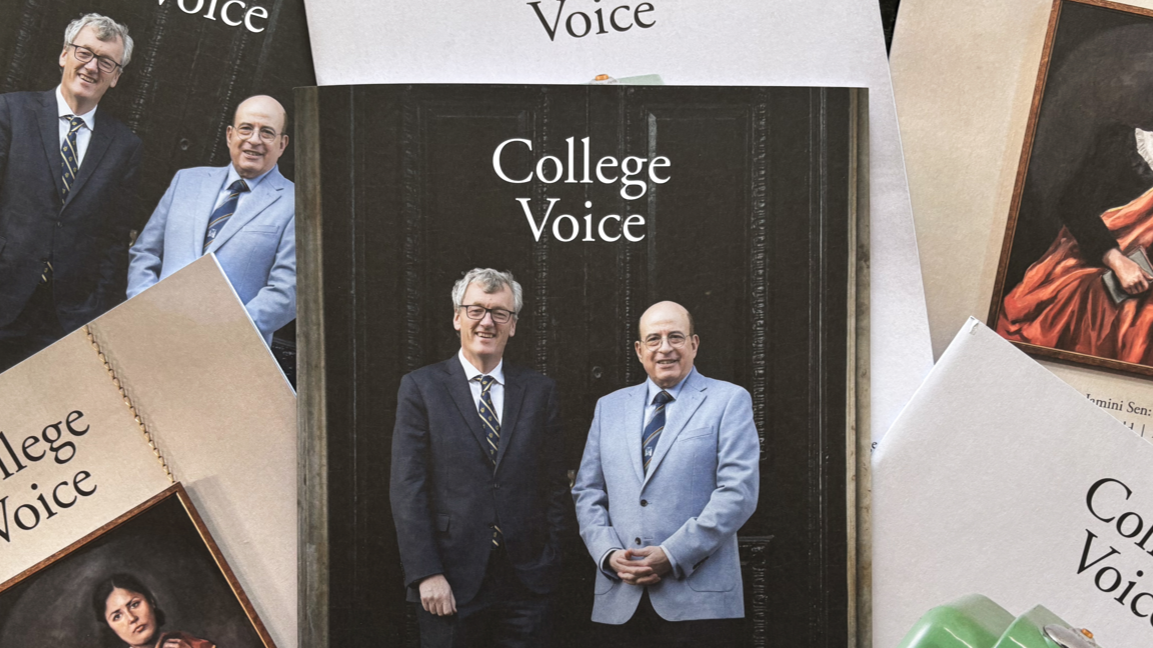.jpg)
Dr Morven McElroy, Honorary Secretary
“As an inspiring College community, we are standing up for your interests on the issues that matter to you most. Through advocacy, awareness raising and influence we are demanding action to address these challenges and putting forward solutions for the benefit of the professions and the patients we care for.”

Join our Policy Network
Our College’s Policy Network is a great community to share your views, directly influence policy decisions and shape the future of the profession.

Workforce
There is an urgent need to address our workforce challenges. Your experiences help us to better understand the profession and advocate for change.
 (1).jpg)
Wellbeing
A healthy workforce is essential for patient care. When we’re exhausted, experiencing burnout, and struggling to balance work and personal lives, it impacts on everyone.

Equality, diversity and inclusion
We are committed to creating and supporting a culture which actively values difference, recognising that people from a variety of backgrounds and experiences bring valuable insights to the workplace. By embracing equality, we can build a healthier society for all.

Environmental sustainability
Healthcare is a major contributor to climate change which has caused great harm to human and planetary health. Together, we are working to build a more environmentally sustainable health service.

College Voice
College Voice is our twice yearly membership magazine. You can read our latest issues online and get in touch to share your stories.
Explore our communities and networks
Our communities and networks offer the opportunity to connect with other healthcare professionals and work together towards a common goal.
Find out more
.jpg)